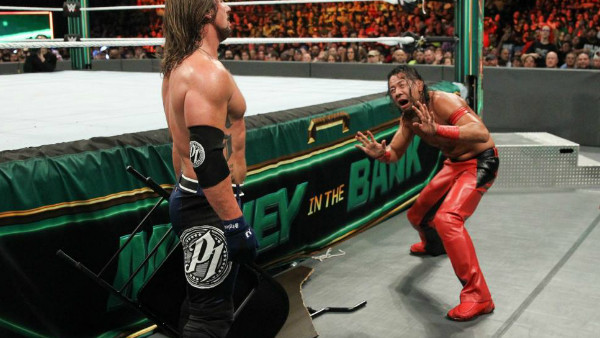Why The WWE Network FAILED

It didn't matter whether the match was anticipated before the night itself, nor how well the great workers involved struggled through a basic build. So many of them - enough for this trend to become definitive - were received or barely received with a damning and perhaps involuntary silence. Those fans were full.
They were fed these ridiculous literal super-servings because minutes-streamed became a metric with which to sell a failing model as something less than a failure to shareholders. This strategy aligned with assorted covert messaging - by "super-serving," they meant "Sure, the base isn't growing, but they're replica belt marks who'll watch anything" - but it didn't work. Network subscriptions continued to decline just as TV ratings continued to decline.
The importance of TV as a revenue stream here can't go unmentioned, incidentally; WWE constantly recycled or "gave away" big matches after or even ahead of Sundays. The upshot was that, beyond the returning part-time megastar of yore, little distinguished television and pay-per-view in terms of personnel and even match length. Those three hours of RAW sure as sh*t didn't fill themselves. Which begged the question: what was the incentive to pay even a bargain fee?
It's not as if the narrative events truly meant anything, either. The 50/50 booking, frivolous comedic stakes and the crippling notion that a rematch could just happen - nothing was do-or-die in WWE, from the match result to even a digital start-up project costing hundreds of millions of dollars - all mattered as much as they didn't.
All of this added up.
CONT'D...(4 of 6)